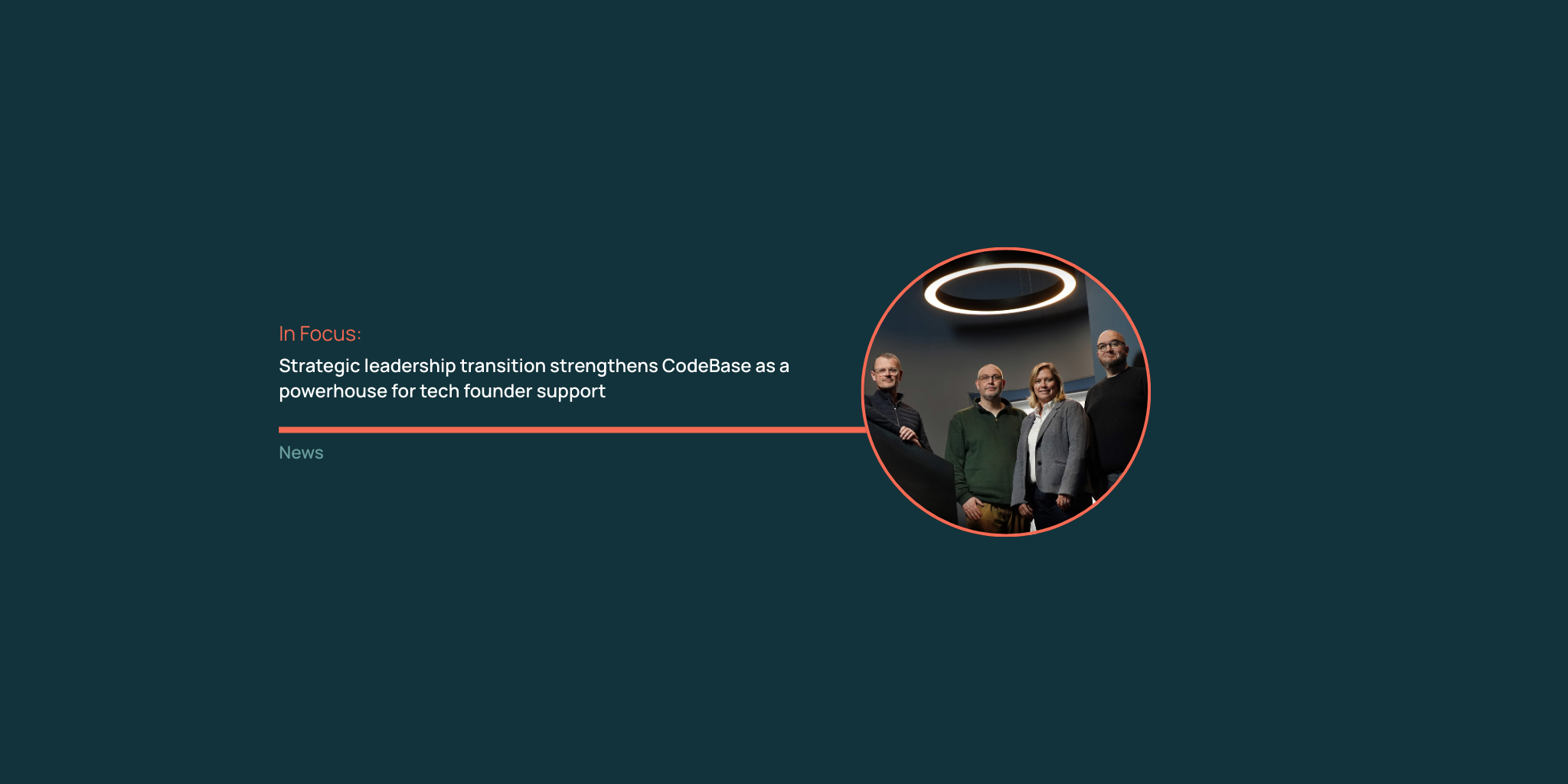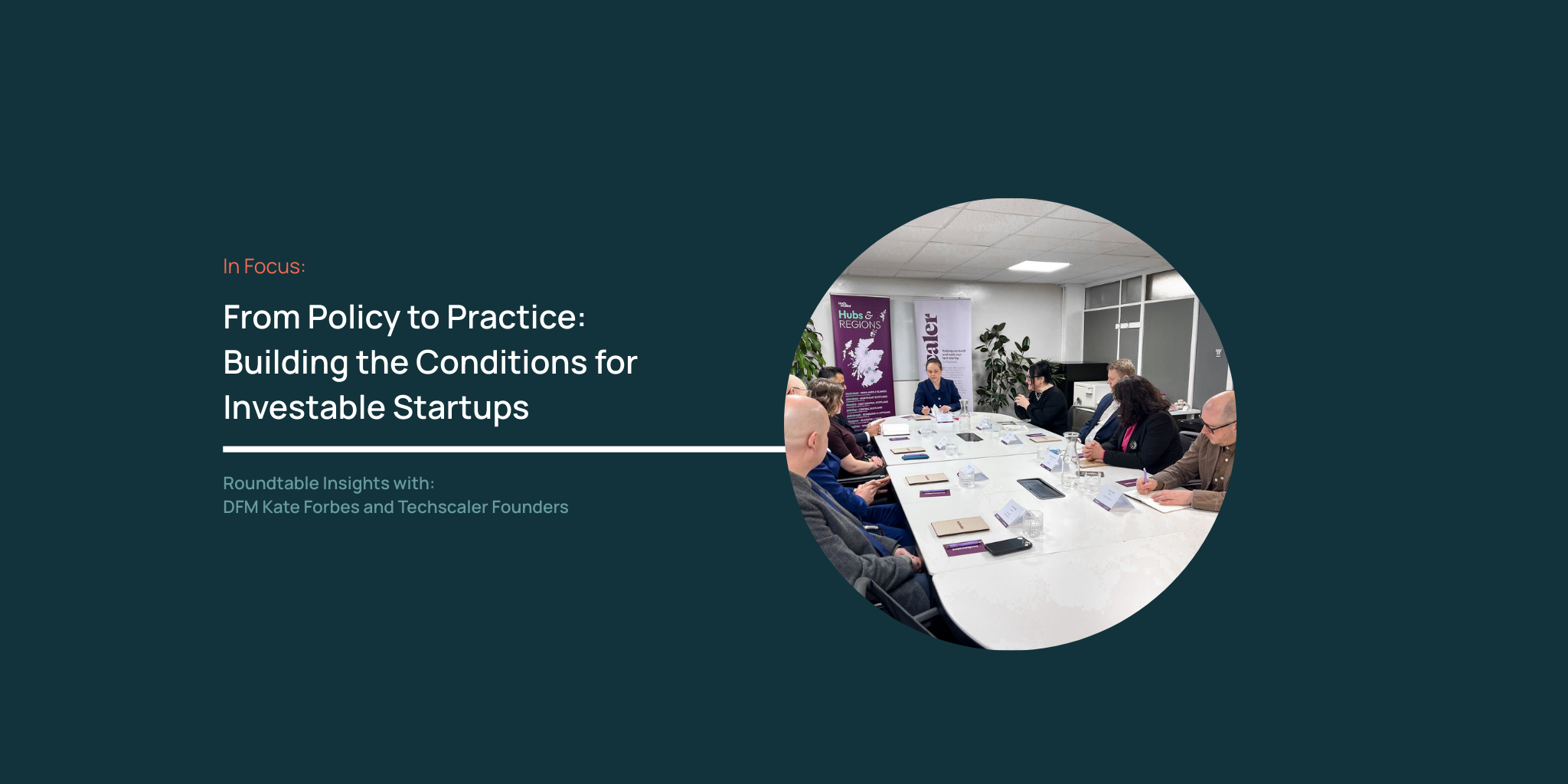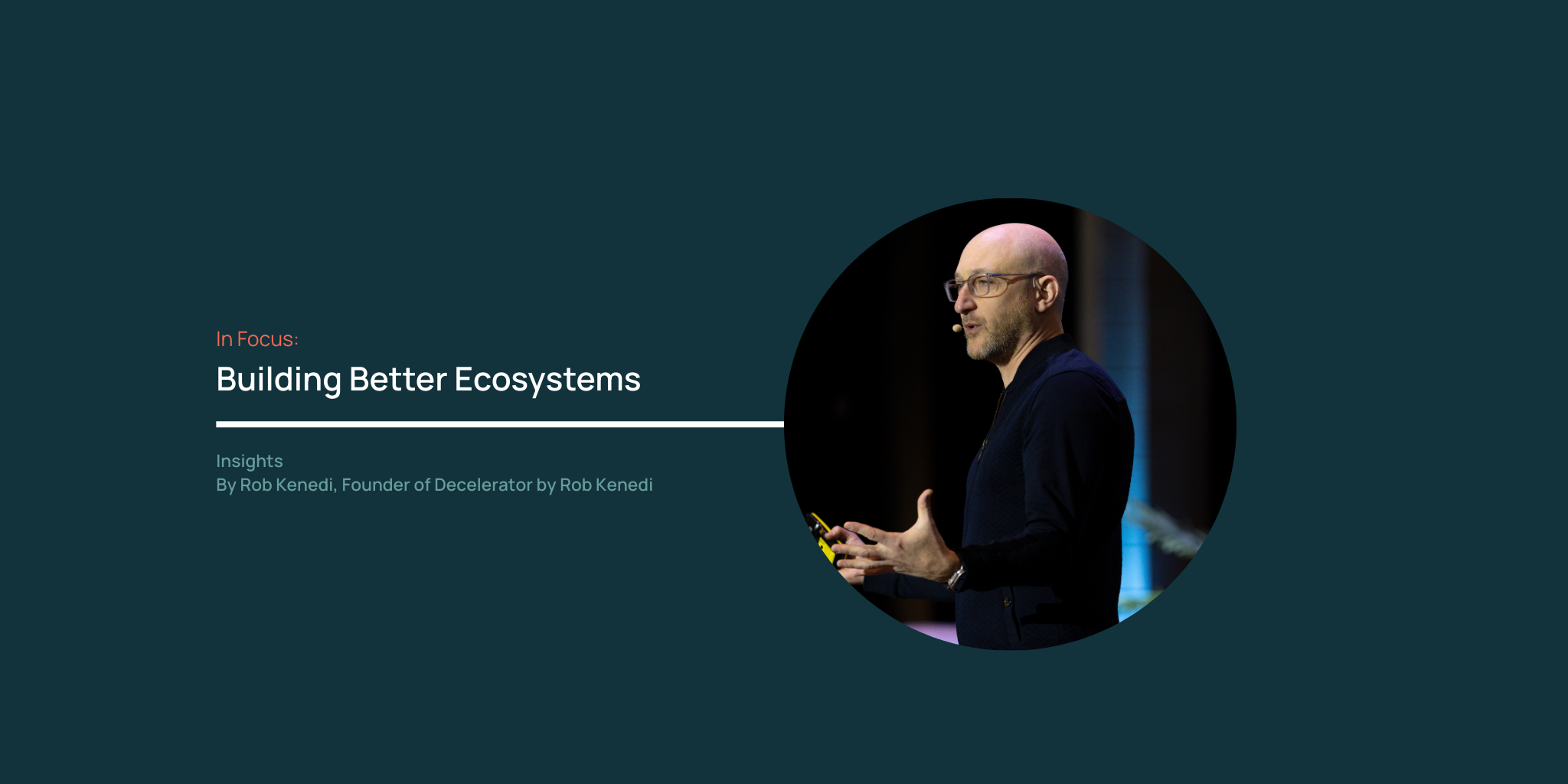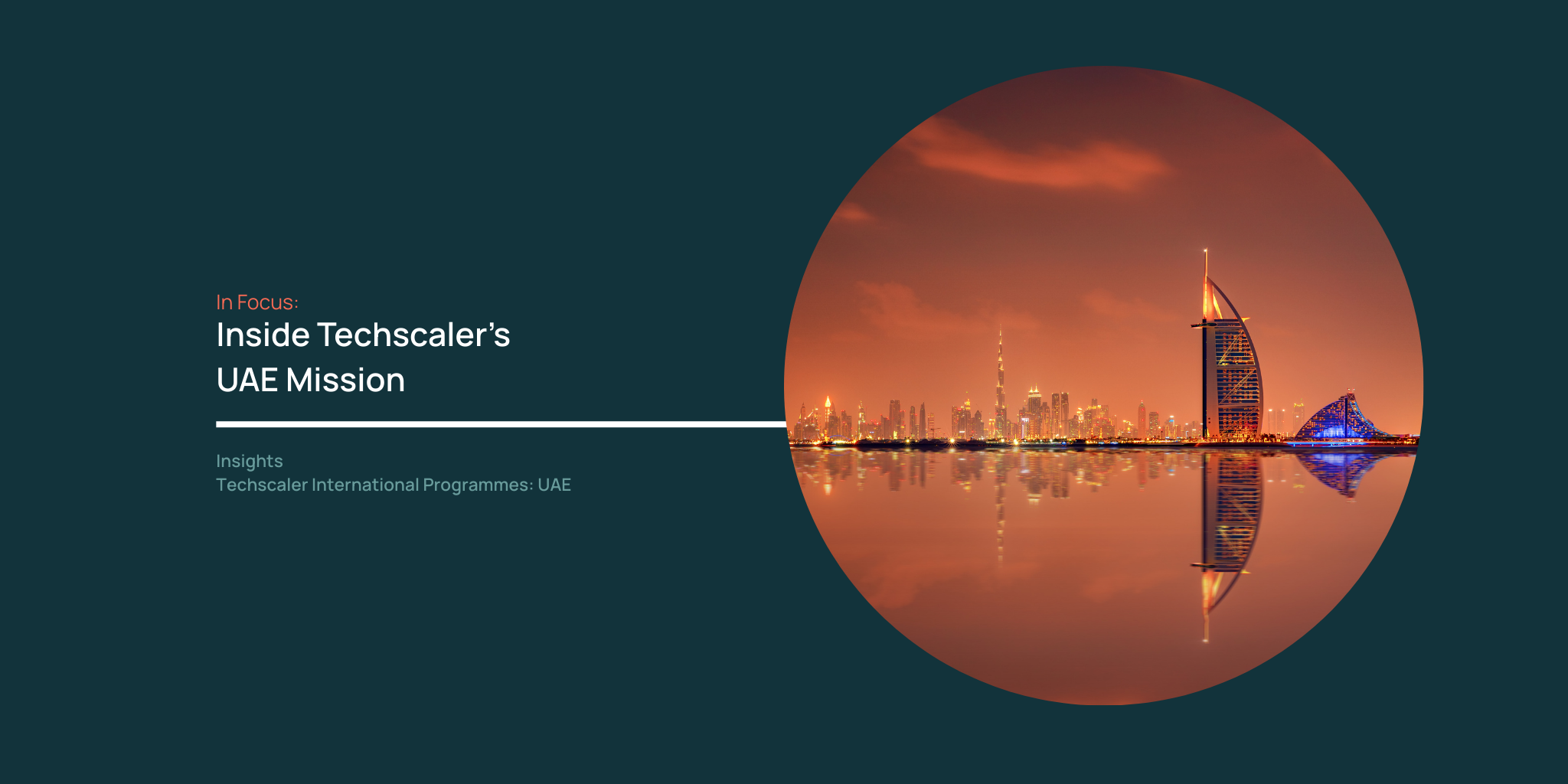Europe’s AI Future: Why Ecosystem Builders Hold the Key to Global Leadership
Europe’s AI ecosystem is at a pivotal moment. Regulatory frameworks are taking shape, investment is flowing into strategic technologies, and the race to define the ethical, technical, and economic rules of AI is well underway. But as the European Union’s AI Act rolls out, the conversation has shifted: can regulation protect citizens and uphold values without pushing innovation out of Europe?
This is not an abstract policy question; it’s a real economic challenge. Startups are voicing concern that the current approach risks stifling innovation, deterring investment, and creating a competitive disadvantage compared to the US and China. Some founders are already looking abroad for markets with fewer barriers to scale.
We believe Europe can take a different path, one where specialisation, collaboration, and ecosystem-led growth put us at the forefront of AI innovation while maintaining the ethical leadership we’re known for. But achieving that will require alignment between policymakers, startups, academia, corporates, and SMEs, and that is exactly where ecosystem builders have a vital role to play.
“We’re not going to win by trying to outspend or outscale the US or China. We have to win by playing to our strengths: trust, ethics, and solving the right problems for the right people.
Steven Drost, Co-Founder and Executive Vice Chairman of CodeBase
Regulation Must Enable, Not Erode, Innovation
The AI Act is the most ambitious attempt yet to regulate artificial intelligence at scale. Its aim to ensure AI is trustworthy, safe, and human-centric aligns perfectly with Europe’s values. But ambition without calibration is risky. The current implementation timeline and complexity could make compliance disproportionately expensive for startups, especially those without in-house legal teams or deep cash reserves.
In the short term, this creates the risk of “innovation flight,” where early-stage AI ventures relocate to more permissive markets, or where investors steer clear of EU-based startups entirely. In the long term, it could lead to a more concentrated market dominated by large tech incumbents that can absorb compliance costs, precisely the opposite of the diverse, competitive ecosystem Europe needs.
The solution isn’t deregulation. It’s adaptive regulation: frameworks that are clear, consistent, and proportionate, evolving in dialogue with those building the technology. This is where ecosystem builders matter: by connecting policymakers with innovators, we can help create rules that safeguard citizens while allowing new ideas to thrive.
Europe’s AI Advantage: Depth Over Scale
Practically assessing Europe is unlikely to outspend or outscale the US or China in AI development. The US has a half-trillion-dollar Stargate Project; China has vast state-backed AI initiatives. Europe’s advantage lies elsewhere: in specialised, high-trust AI applications that address niche market gaps and mission-critical sectors.
This is already happening. Germany’s Aleph Alpha is developing explainable large language models that meet European privacy and ethical standards, making them ideal for public sector and defence applications. UK-based Causaly is accelerating drug discovery by enabling researchers to identify causal relationships in scientific literature. France’s Mistral is building open-source AI models that are attracting global attention for their performance and accessibility.
Specialisation plays to our strengths:
- Agility: Specialist startups can pivot quickly, adapting to new regulations faster than Big Tech.
- Trust: By aligning with Europe’s legal and ethical standards, they can win in sensitive, high-value markets like healthcare, finance, and public services.
- Resilience: A decentralised ecosystem reduces the risk of monopolies controlling the future of AI.
In this context, regulation, if designed well, can become a competitive advantage. Compliance becomes a badge of quality that opens doors to markets where trust and safety are non-negotiable.
“We’re at a point where Europe can lead in areas the rest of the world isn’t looking at yet. But only if we make the choice to support that leadership now.
Jon Hope, Chief Strategy Officer at CodeBase
The Missing Piece: SME Adoption
AI adoption is where Europe risks falling behind. SMEs make up 99% of European businesses, yet a significant share remains untouched by AI. While Fortune 500 companies have integrated AI across their operations, 65% of French SMEs and 43% of UK SMEs have no plans to adopt it.
But the barriers are real. Unlike large enterprises, SMEs rarely have dedicated AI teams or big innovation budgets. Experimentation is costly, technical expertise is scarce, and up to 88% of AI pilots fail to reach production.
To close this gap, Europe needs tailored support, not one-size-fits-all strategies. Initiatives like AI Navigator, which provides hands-on technical expertise and practical guidance, show what’s possible when public and private sectors work together. These programmes translate AI from abstract promise to real-world productivity gains.
“If we only build AI for the Fortune 500, we’ve missed the real economic multiplier. The real challenge and opportunity is making sure the benefits of AI reach the small businesses in every community.
Steven Drost, Co-Founder and Executive Vice Chairman of CodeBase
Collaboration as a Competitive Edge
The opportunities will not materialise without intentional collaboration. Governments, academia, startups, SMEs, and large enterprises each hold pieces of the puzzle, and ecosystem builders are the ones who connect them.
These innovation-focused players not only help startups navigate complex compliance landscapes but they also ensure regulations remain adaptive to technological change. The EU AI Act may be a global benchmark, but its success will depend on how well stakeholders work together to keep rules pro-growth.
The Way Forward
Europe doesn’t need to outscale the US or China to lead in AI. Our race is to define a different model for technological leadership, one that combines innovation with integrity, specialisation with scale, and competition with collaboration. That means:
- Regulations that protect without paralysing innovation.
- Specialised AI that plays to Europe’s strengths in trust and ethical leadership.
- Ecosystem builders that connect stakeholders and accelerate adoption, especially among SMEs.
Ecosystem builders are ready to lead this dialogue. We’ve seen first-hand the power of bridging policy and practice, connecting local ecosystems to global networks, and supporting founders from every background to build with ambition and responsibility.
If we get this right, Europe can set a new benchmark for AI: one rooted in responsibility, depth, and strategic influence.








.svg)


